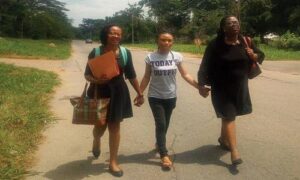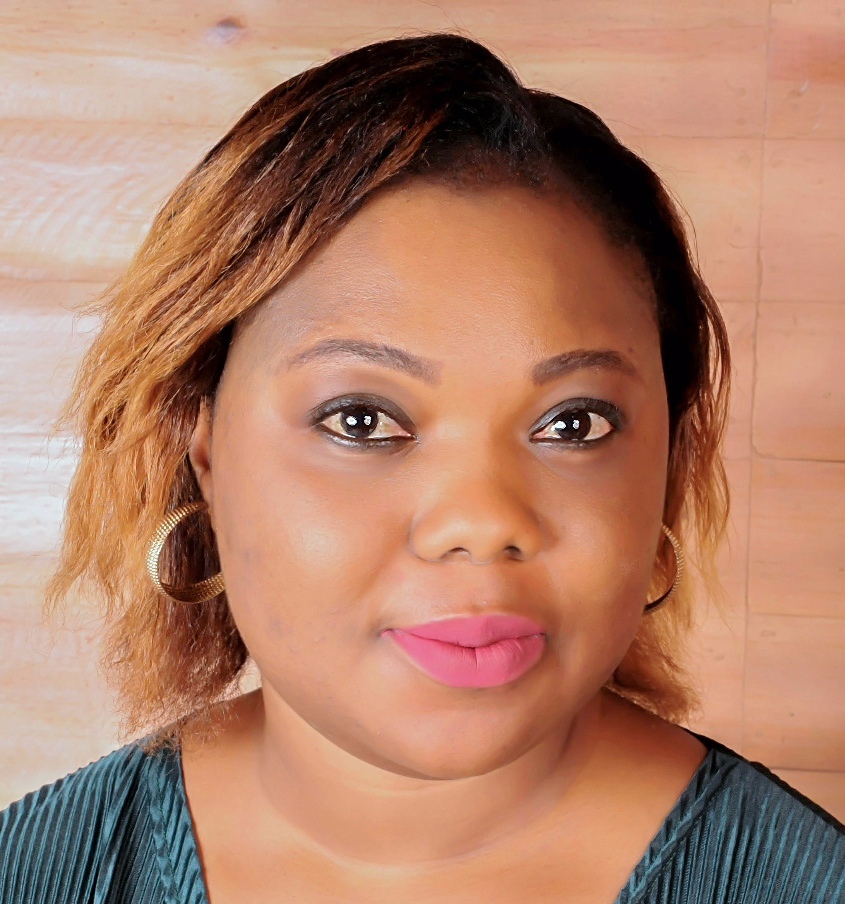Senior Producer for Cable News Network (CNN) Africa, Bukola Adebayo, who has been selected for 2020-21 class of Nieman Foundation for Journalism at Harvard University, in this online interview with Lekan Otufodunrin shares her experience in applying for the fellowship and other career issues.
What’s your reaction to your selection?
The fellowship is a prestigious one, so I definitely was thrilled that I would have time to delve deeper and contribute to an issue that I have been invested in the past two years.
Also, being able to do original work using the resources at Harvard is a tremendous opportunity.
What informed your topic?
Two things.The outcome of a story that I covered in 2018 about a case of sexual harassment in one of Nigeria’s universities. It was just going to be another of those stories looking at media reports when the allegations just surfaced until the student came out publicly and granted CNN an interview.
Her coming forward despite the backlash she was facing helped put a face to the allegations and it was the game-changer. It was also the catalyst on how the government and the university tackled the case.

While the Me too movement has rocked boardrooms and newsrooms in the US and across the globe, the momentum has been slow here and I’ll be looking into why that is during the fellowship. But more women are speaking out publicly more than ever about the harassment they face in the workplace, schools, and churches all over Africa where so much stigma is attached to it.
Some have made it to mainstream media while some have fallen through the cracks. I wondered if the media in Nigeria and some other countries in Africa have been able to capture their stories and how closing the gap can hold abusers and perpetrators accountable.
READ ALSO: Nigeria’s Adebayo, 15 others named Nieman Foundation fellows
Your expectations at the end of the programme?
To be more energised to take on ambitious media projects that highlight what women are facing in Africa to be heard. I believe that the media is a powerful tool in the success of any movement fighting for rights, and I hope I can better contribute to shaping that space.
Nieman Fellowship application is very rigorous. What was your experience with the application process and advice for future applicants?
I began filling my application two months before I submitted and took my time to phrase and reflect on what I wanted to spend my time at Harvard on. I also looked out for journalists that I knew would have the time to talk about my strengths and why I am the right person to benefit from the fellowship.
It’s crucial to put in those who know you professionally and have worked with you before and not be carried away trying to get recommendations from editors who don’t know you well enough to say something significant about your skills. I’ll say know the topic you want to pursue, it should be something you have prior experience covering or reporting. It should be an area you have knowledge and information about because that will inform how well you will defend it during the interview.
I know we sometimes leave applications to the last minute, but for a Nieman Fellowship, start your application early, and keep tweaking your study plan till you’re happy enough to submit it.
Having worked in local and international media organisations, what are your suggestions for improving the performance of journalists in Nigeria?
Well, I’ll say fact-checking a lot of news sources and doing what may seem obvious but not many are doing it these days, and that is reaching out and calling up people to get their side of any story.
Also taking the time to fact check and research what they have said before publishing. First to publish is fine but readers are particularly looking out for media outlets they can trust their stories.
How well has other media fellowships and awards helped in your career development?
A journalist is as good as the contacts and networks s/he has gathered on the field and on beats and you expand your network with each fellowship and award. The organizations learn more about your work and country through you and you also tap information and get trained by them.
I met a lot of journalists from other African countries that I know and work with today as a senior producer at CNN Africa while on previous international fellowships and it’s been easier getting contacts of people I need to speak with when reporting on issues arising from Zimbabwe or Kenya
Any other advice for journalists to cope with the situation in the media now?
We should take deep breaths. We’re in worrying times when you don’t know what may happen next but we can speak to our colleagues to share frustrations.
There also news writing opportunities and story grants around the pandemic that may be worth exploring for those interested in freelancing. International organizations like the Pulitzer Center have grants and we should be pitching them.


The part about starting an application early and taking time to tweak it until satisfied for submission really gets to me. It is an uplifting read. I appreciate.